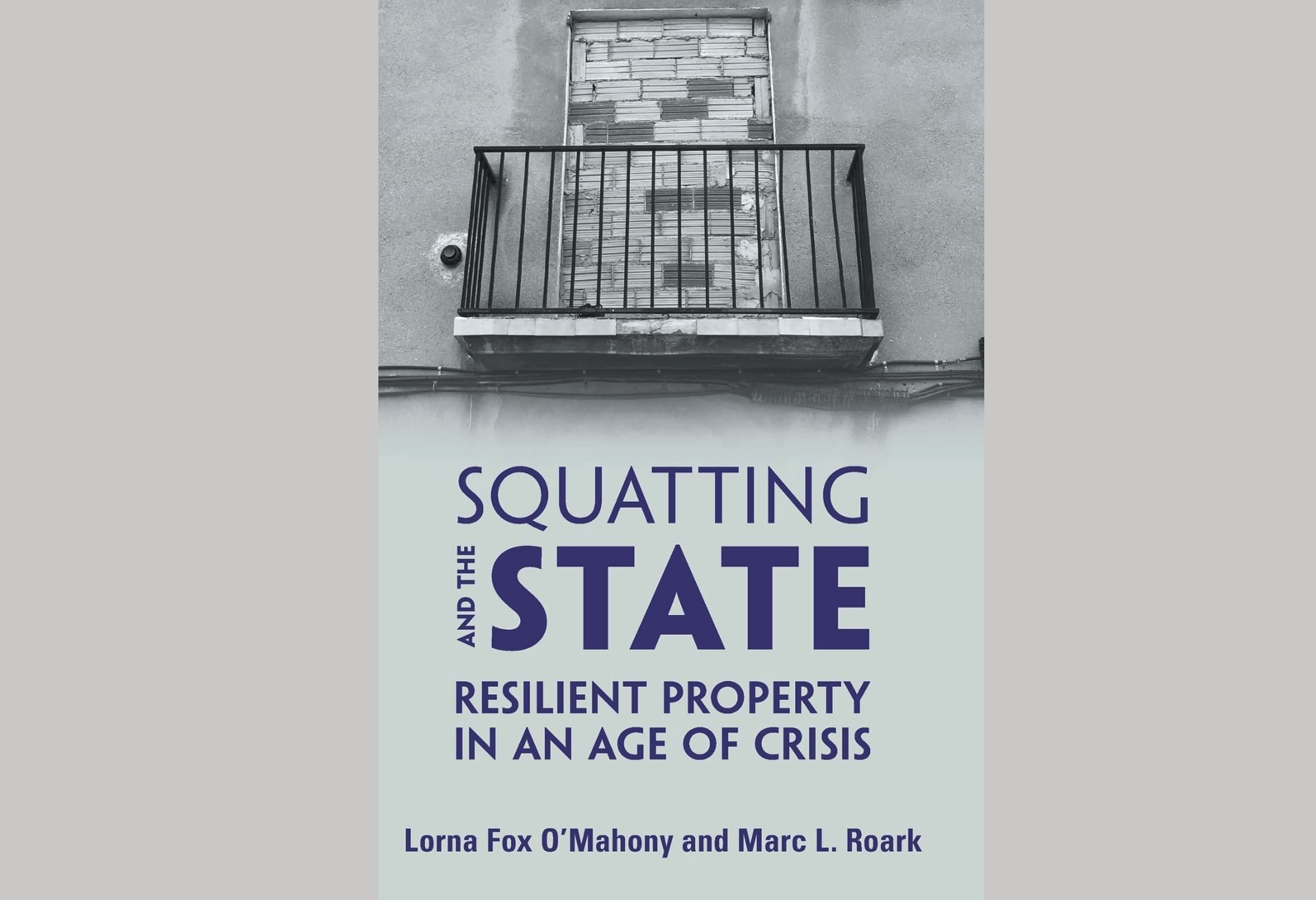by John Lovett, De Van D. Daggett, Jr. Distinguished Professor of Law, Loyola University
Many private law scholars, and I am no exception, take pride, or at least comfort, in their adherence to the traditional boundaries of private law scholarship. We interpret traditional legal texts—judicial decisions, civil codes, statutes, uniform laws, reports of distinguished law reform commissions. We often work within our own jurisdictions though we sometimes stage careful comparative excursions that contrast different countries’ solutions to a distinct private law problem. We generally discount politics, though we sometimes acknowledge that deep philosophical commitments can shape legal doctrine.
Could this approach be too limiting? Lorna Fox O’Mahony and Marc L. Roark’s stunning new book, Squatting and the State: Resilient Property in an Age of Crisis (Cambridge University Press 2022) suggests that it may be. “When property law scholarship is bounded,” they write, “either by narrowing its window to the state-jurisdictional level; by focusing on a limited range of legal sources (primarily litigation); or by starting from prior political or philosophical commitments (for example, to “progressive” state action or state forbearance/restraint from action); the perspectives it generates will be similarly bounded.” (377)
Leave a Comment



